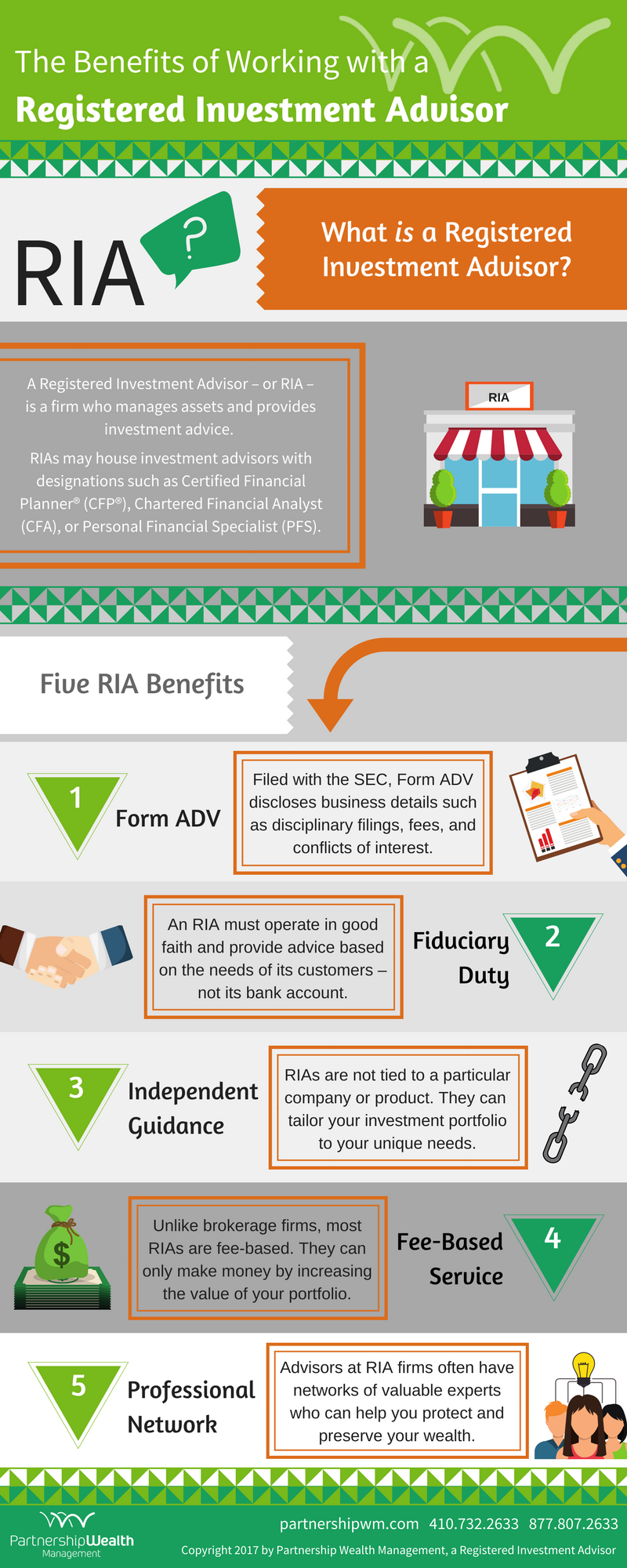5 Dominating Mistaken Beliefs Connected To Surety Contract Bonds
5 Dominating Mistaken Beliefs Connected To Surety Contract Bonds
Blog Article
Article By-Olesen Enevoldsen
Have you ever questioned Surety Contract bonds? They might seem as mystical as a locked chest, waiting to be opened up and explored. Yet before you leap to conclusions, allow's unmask 5 usual false impressions about these bonds.
From thinking they are just insurance plan to assuming they're only for large firms, there's a whole lot more to find out about Surety Contract bonds than meets the eye.
So, distort up and get ready to uncover the fact behind these misunderstandings.
Surety Bonds Are Insurance Plan
Guaranty bonds aren't insurance coverage. This is a common misconception that many individuals have. It is essential to understand the difference in between the two.
Insurance policies are created to safeguard the insured party from potential future losses. They give insurance coverage for a large range of risks, including home damages, responsibility, and injury.
On the other hand, surety bonds are a type of guarantee that makes sure a particular responsibility will be satisfied. They're frequently made use of in construction tasks to guarantee that service providers complete their work as set. The surety bond provides monetary security to the job owner in case the specialist fails to satisfy their commitments.
Surety Bonds Are Only for Building and construction Jobs
Currently let's move our emphasis to the misunderstanding that guaranty bonds are specifically made use of in construction jobs. While it's true that guaranty bonds are frequently related to the building industry, they aren't limited to it.
Surety bonds are actually utilized in different markets and industries to ensure that legal commitments are fulfilled. For example, they're used in the transportation sector for products brokers and service providers, in the manufacturing market for distributors and distributors, and in the service sector for professionals such as plumbing technicians and electrical contractors.
Guaranty bonds offer monetary defense and guarantee that forecasts or solutions will certainly be completed as agreed upon. So, it is very important to remember that guaranty bonds aren't special to building and construction tasks, but instead work as a useful tool in various sectors.
Surety Bonds Are Pricey and Cost-Prohibitive
Don't let the misconception fool you - guaranty bonds don't have to cost a fortune or be cost-prohibitive. In contrast to common belief, surety bonds can in fact be a cost-effective solution for your company. Below are three reasons that guaranty bonds aren't as pricey as you might assume:
1. ** Competitive Rates **: Guaranty bond costs are based on a portion of the bond amount. With a variety of surety providers in the marketplace, you can look around for the very best rates and locate a bond that fits your budget.
2. ** Financial Conveniences **: Surety bonds can in fact save you money over time. By supplying a monetary guarantee to your clients, you can secure much more contracts and raise your company opportunities, inevitably leading to greater profits.
3. ** Flexibility **: Surety bond needs can be tailored to satisfy your details requirements. Whether you need a small bond for a solitary project or a larger bond for recurring job, there are alternatives available to fit your spending plan and company needs.
Guaranty Bonds Are Just for Huge Firms
Many people incorrectly believe that just big firms can take advantage of surety bonds. Nonetheless, performance bond vs payment bond is a typical false impression. Surety bonds aren't unique to huge firms; they can be advantageous for organizations of all dimensions.
Whether you're a small company proprietor or a service provider beginning, surety bonds can supply you with the needed monetary defense and credibility to safeguard agreements and tasks. By acquiring a surety bond, you demonstrate to customers and stakeholders that you're reputable and with the ability of satisfying your responsibilities.
In addition, guaranty bonds can assist you develop a performance history of effective tasks, which can even more improve your online reputation and open doors to brand-new possibilities.
Guaranty Bonds Are Not Essential for Low-Risk Projects
Surety bonds might not be deemed needed for tasks with reduced danger levels. Nonetheless, it is essential to comprehend that even low-risk jobs can come across unanticipated issues and difficulties. Here are 3 reasons why guaranty bonds are still beneficial for low-risk tasks:
1. ** Defense versus service provider default **: Regardless of the task's reduced risk, there's always an opportunity that the service provider may skip or fail to complete the job. A guaranty bond assurances that the task will be finished, even if the professional can not satisfy their obligations.
2. ** Quality assurance **: Surety bonds require service providers to satisfy certain criteria and specs. This makes sure that the work performed on the task is of high quality, despite the danger level.
3. ** Comfort for task owners **: By acquiring a surety bond, job owners can have satisfaction knowing that they're protected financially which their task will certainly be finished effectively.
Even for low-risk jobs, surety bonds offer an included layer of safety and reassurance for all parties involved.
Final thought
Finally, it is very important to disprove these usual false impressions concerning Surety Contract bonds.
Surety bonds aren't insurance coverage, they're a form of monetary warranty.
They aren't only for building and construction projects, but additionally for different sectors.
Surety bonds can be cost effective and accessible for companies of all dimensions.
In fact, a small company owner in the building and construction market, let's call him John, was able to safeguard a guaranty bond for a government task and effectively completed it, boosting his track record and winning even more contracts.
